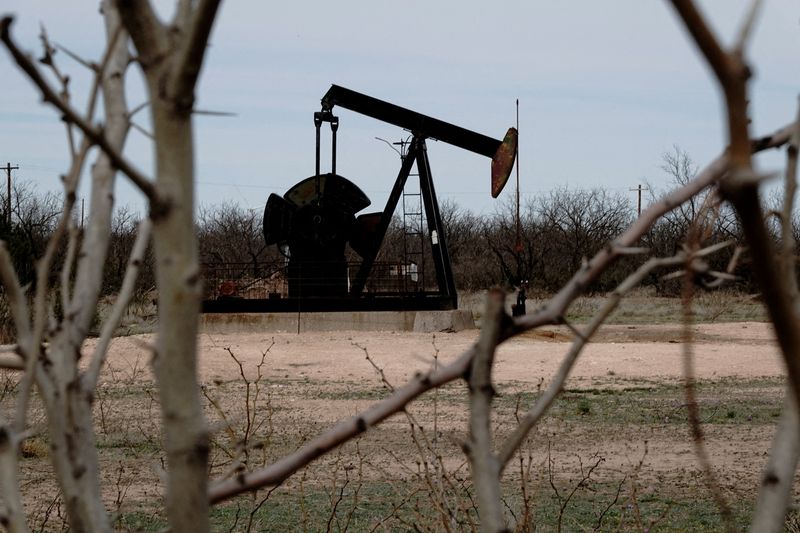
By Jonathan Stempel
(Reuters) – Texas was sued on Thursday by a nonprofit whose members support environmentally-friendly policies, and which seeks to block a state law targeting businesses that support reduced reliance on fossil fuels.
The American Sustainable Business Council said the 2021 law known as Senate Bill 13 violates members’ free speech rights by banning Texas from investing in or contracting with businesses that, in the state’s view, “boycott” the oil and gas industry.
Texas is the largest and among the most prominent Republican-led states to crack down on businesses whose environmental, social and governance (ESG) policies it dislikes. It is also easily the largest U.S. oil producing state.
State Attorney General Ken Paxton and Comptroller Glenn Hegar, both Republicans who support the 2021 law, were named as defendants in the lawsuit filed in Austin, Texas federal court.
Representatives from their offices did not immediately respond to requests for comment.
In connection with the 2021 law, Hegar maintains a list of 16 financial companies and more than 350 investment funds whose ESG policies he believes impermissibly target fossil fuel-based energy.
Hegar added British bank NatWest to the list two weeks ago. In March, the Texas Permanent School Fund said it would yank $8.5 billion of assets under management from BlackRock (NYSE:BLK), which is also on the comptroller’s list.
The American Sustainable Business Council said Senate Bill 13 has harmed its corporate and individual members, who represent more than 200,000 businesses, despite Texas portraying itself as a business-friendly state.
Two members, Etho Capital and Our Sphere, have funds on Hegar’s list.

“The law violates the First Amendment by barring companies from competing for state investments or contracting with the state whenever Texas believes those companies espouse a disfavored viewpoint about fossil fuels,” the complaint said. “Because SB 13 codifies viewpoint-based discrimination, it is presumptively unconstitutional.”
The case is American Sustainable Business Council v. Hegar et al, U.S. District Court, Western District of Texas, No. 24-01010.
This post is originally published on INVESTING.




